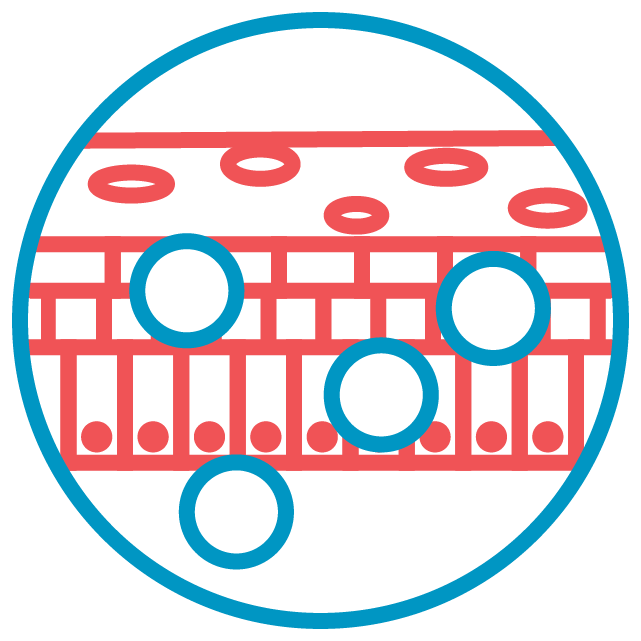Most of PeDRA’s research takes place within one of eleven collaborative Focused Study Groups – Acne & Hidradenitis Suppurativa, Atopic Dermatitis & Psoriasis, Birthmarks, Connective Tissue & Autoinflammatory Disorders, Drugs & Bugs, Education, Genetic Skin Disorders, Hair Disorders, Neonatal Skin Care, Skin of Color and Pigmentary Disorders, and Skin Tumors and Reactions to Cancer Therapies (STARC). Each study group consists of dozens of clinician scientists, working under the guidance of one or more leaders to identify novel research ideas, advance our understanding of childhood skin diseases, and identify the best ways to improve the lives of patients and their families. PeDRA is able to leverage the strength of these working groups to identify and pursue cross-cutting studies that address high-priority research questions spanning many different pediatric skin diseases.
History
The PeDRA Inflammatory Skin Disease Collaborative (ISDC) was initiated on September 1, 2009, as the first multicenter effort for the study of pediatric inflammatory dermatoses. It brought together investigators with prior successful collaborations in clinical research and newer members developing careers in this area.
At the inaugural PeDRA Annual Conference in 2013, groups of physicians interested in specific areas of pediatric dermatology came together in breakout sessions to exchange ideas and network with potential collaborators on a number of exciting research projects. These groups included researchers focused on vascular and other birthmarks, genetic skin disorders skincare in the preterm and term neonate. Later, PeDRA added the STARC group and established new study groups to focus on specific subsets of inflammatory skin diseases.
In the years since, new PeDRA members have been able to identify interest in any of PeDRA’s working groups when they join, renew membership, or simply have an inkling to get involved with research activities in any particular area any time throughout the year. Focused Study Groups also attract non-member collaborators on active studies and draw attention from investigators, patient representatives, and other stakeholders at the PeDRA Annual Conference.











